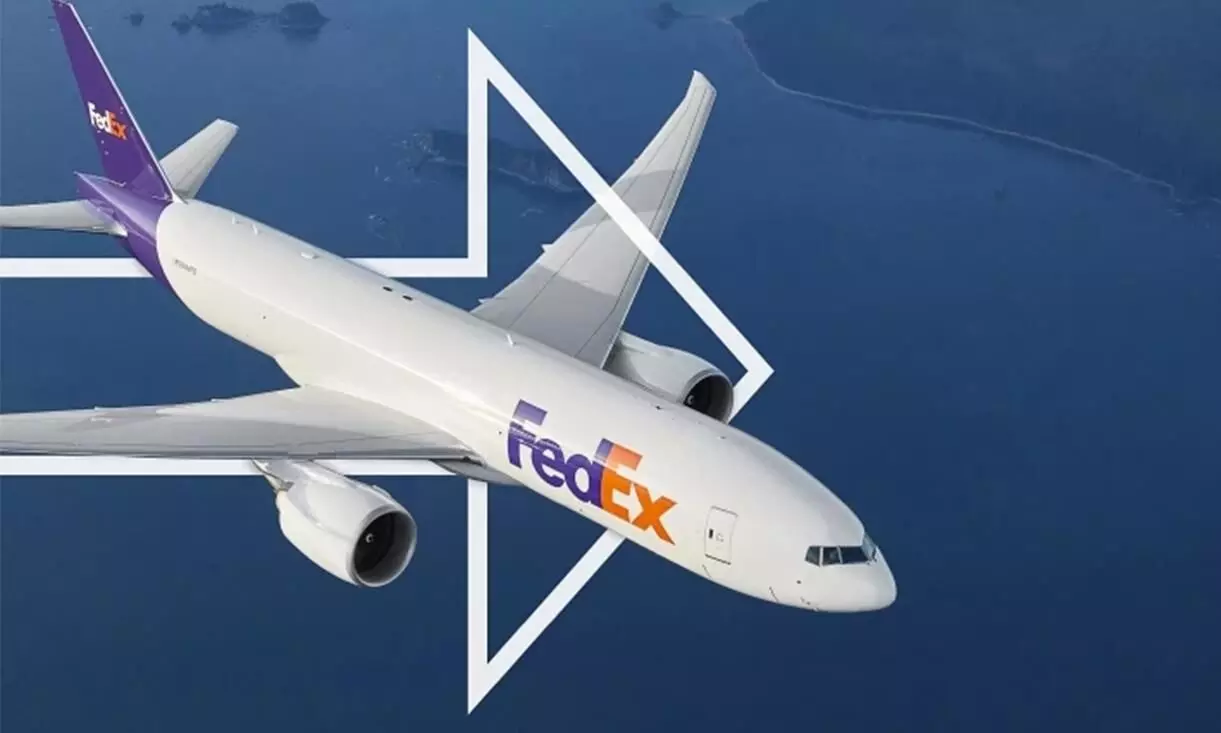
FedEx reports $1.6 billion economic impact in MEISA for FY25
The report highlighted FedEx’s efforts to optimise its operations under a unified global network model.

FedEx Corp. released its 2025 Global Economic Impact Report today (November 4, 2025), outlining how the company contributed $126 billion in direct and indirect economic activity worldwide during fiscal year 2025. The report, produced with Dun & Bradstreet, details how FedEx’s global operations supported trade, innovation, employment, and supply chain development across more than 220 countries and territories.
Raj Subramaniam, president and CEO of FedEx Corporation, said, “For more than 50 years, FedEx has shaped global commerce by offering innovative shipping services that bring communities closer together.” He added that a culture of innovation and commitment to service enabled the FedEx network to continue fuelling progress through changing trade patterns and evolving supply chains.
The report highlighted FedEx’s efforts to optimise its operations under a unified global network model in its first full year operating as one FedEx. The company continued investing in automation, digital tools, and infrastructure to align capacity with shifting trade flows. Major projects included an automated sorting facility in Memphis, a life science centre in the Netherlands, an advanced freight and parcel facility in Thailand, and a new international service station in Brazil.
FedEx also emphasised its role in strengthening global supply chains through partnerships with 100,000 suppliers in 2024, 90 per cent of which were small and medium-sized businesses. The company spent $704 million with suppliers in the Middle East, the Indian Subcontinent, and the Africa region, with small businesses accounting for 82 percent of that total.
Intelligent innovation featured prominently in the report. FedEx said it is leveraging data and AI to modernise operations and improve customs processes. AI-driven broking solutions were expanded to enhance clearance speed and reduce regulatory delays, while the Collaborative Shipping Tool was launched to help import customers manage trade more efficiently across multiple regions.
On sustainability, FedEx reported progress toward its 2040 carbon-neutral operations goal. The company began its first major deployment of sustainable aviation fuel in the United States, securing over 3 million gallons for use at Los Angeles International Airport during the year. FedEx also continued investing in renewable energy, fleet electrification, and alternative fuels.
Through its FedEx Cares programme, the company contributed $55.5 million to nonprofit initiatives and delivered over 81,000 employee volunteer hours in fiscal year 2025. These efforts supported community resilience and disaster relief in regions impacted by crises.

